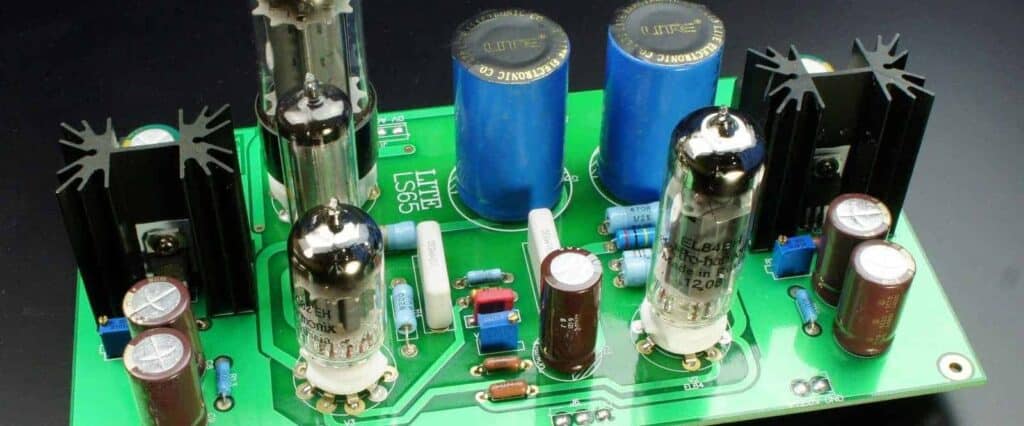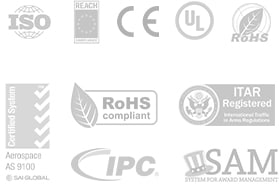Capacitors are an essential component of electronic devices, storing and releasing electrical energy as needed. The production of these components requires a specialized factory that can meet the required quality standards while producing capacitors in large quantities.
A capacitor factory is a complex facility that requires a highly trained workforce and specialized equipment to produce capacitors that meet the needs of various industries. The factory must adhere to strict quality control measures to ensure that each capacitor is reliable and meets the necessary specifications.
The process of manufacturing capacitors involves several stages, including material preparation, electrode formation, winding, and encapsulation. Each stage requires precise control and monitoring to ensure that the final product meets the necessary standards. A well-designed capacitor factory will have the necessary equipment and expertise to produce high-quality capacitors efficiently and cost-effectively.

Location and Size
The capacitor factory is located in the outskirts of the city, in an industrial area that is easily accessible by road and rail. The factory covers an area of approximately 10,000 square meters and has a production capacity of 1 million capacitors per month.
The factory is equipped with state-of-the-art machinery and equipment, including automated assembly lines, precision testing equipment, and advanced quality control systems. The production process is highly automated and optimized for efficiency and quality.
The factory employs a team of highly skilled technicians and engineers who oversee the production process and ensure that all products meet the highest standards of quality and reliability. The factory also has a dedicated research and development team that works on developing new products and improving existing ones.
In addition to its production facilities, the factory also has a warehouse for storing raw materials and finished products. The warehouse is equipped with modern inventory management systems that ensure efficient storage and retrieval of products.
Overall, the location and size of the capacitor factory are well-suited for efficient and high-quality production of capacitors.
Production Process
The production process of a capacitor factory involves several steps that need to be followed precisely to ensure the quality and reliability of the final product. Here are the main steps involved in the production process:
-
Raw Material Preparation: The process starts with the preparation of raw materials. The materials used in the production of capacitors include metal foils, paper, plastic films, and electrolytes. These materials are carefully selected and tested to ensure that they meet the required specifications.
-
Winding: The next step involves winding the metal foils and paper or plastic films into a cylindrical shape. This is done by using a machine that applies a uniform tension to the materials while they are being wound. The winding process is critical as it determines the capacitance and other electrical properties of the capacitor.
-
Impregnation: Once the winding is complete, the capacitor is impregnated with an electrolyte. The electrolyte is a liquid or gel that fills the spaces between the metal foils and films. This process is essential as it helps to improve the electrical properties of the capacitor.
-
Drying and Curing: After impregnation, the capacitor is dried and cured. This process involves heating the capacitor to a specific temperature for a specific period. This helps to remove any moisture from the capacitor and improve its stability and reliability.
-
Testing and Quality Control: The final step in the production process is testing and quality control. Each capacitor is tested to ensure that it meets the required specifications. This involves measuring the capacitance, leakage current, and other electrical properties of the capacitor. Any capacitors that do not meet the required specifications are rejected and sent back for rework.
Overall, the production process of a capacitor factory is a complex and precise process that requires attention to detail and a high level of expertise. By following these steps, capacitor manufacturers can produce high-quality and reliable capacitors that meet the needs of their customers.
Quality Control

At our capacitor factory, we adhere to strict quality control measures to ensure that our products meet the highest standards of quality. We understand that the reliability and performance of our capacitors are critical to the success of our customers’ products, which is why we take quality control very seriously.
Our quality control process begins with the selection of high-quality raw materials. We only work with reputable suppliers who provide us with materials that meet our specifications. We also conduct regular audits of our suppliers to ensure that they are maintaining the same high standards that we require.
Once the raw materials are received, we conduct rigorous testing to ensure that they meet our quality standards. We use a combination of automated testing equipment and manual inspection to verify that the materials meet our specifications.
During the manufacturing process, we conduct regular inspections to ensure that our capacitors are being produced to our exacting standards. We also use statistical process control to monitor the manufacturing process and identify any potential issues before they become problems.
Before our capacitors are shipped to our customers, we conduct final testing to ensure that they meet our specifications. We also conduct spot checks on a regular basis to ensure that our products continue to meet our high standards.
In addition to our internal quality control measures, we also work closely with our customers to ensure that our products meet their specific requirements. We welcome customer feedback and are always looking for ways to improve our products and processes.
At our capacitor factory, quality control is a top priority. We are committed to providing our customers with the highest quality products and services.
Environmental Impact

The manufacturing process of capacitors involves the use of several hazardous chemicals such as lead, mercury, and cadmium. These chemicals can be harmful to the environment if not disposed of properly.
To minimize the environmental impact of our factory, we have implemented various measures such as:
-
Recycling: We recycle all scrap materials generated during the manufacturing process to reduce waste and minimize the use of raw materials.
-
Waste Management: We have a comprehensive waste management system in place to ensure that all hazardous waste is disposed of in an environmentally responsible manner.
-
Energy Efficiency: We have installed energy-efficient equipment and lighting systems to reduce our energy consumption and carbon footprint.
-
Water Conservation: We have implemented water conservation measures such as rainwater harvesting and water recycling to reduce our water consumption.
In addition, we comply with all environmental regulations and standards set by the government and industry bodies. We regularly conduct environmental audits and assessments to ensure that we are operating in an environmentally responsible manner.
Our commitment to minimizing our environmental impact extends beyond our factory walls. We work closely with our suppliers and customers to promote sustainable practices throughout the supply chain.
By implementing these measures, we aim to reduce our environmental impact and contribute to a sustainable future.

